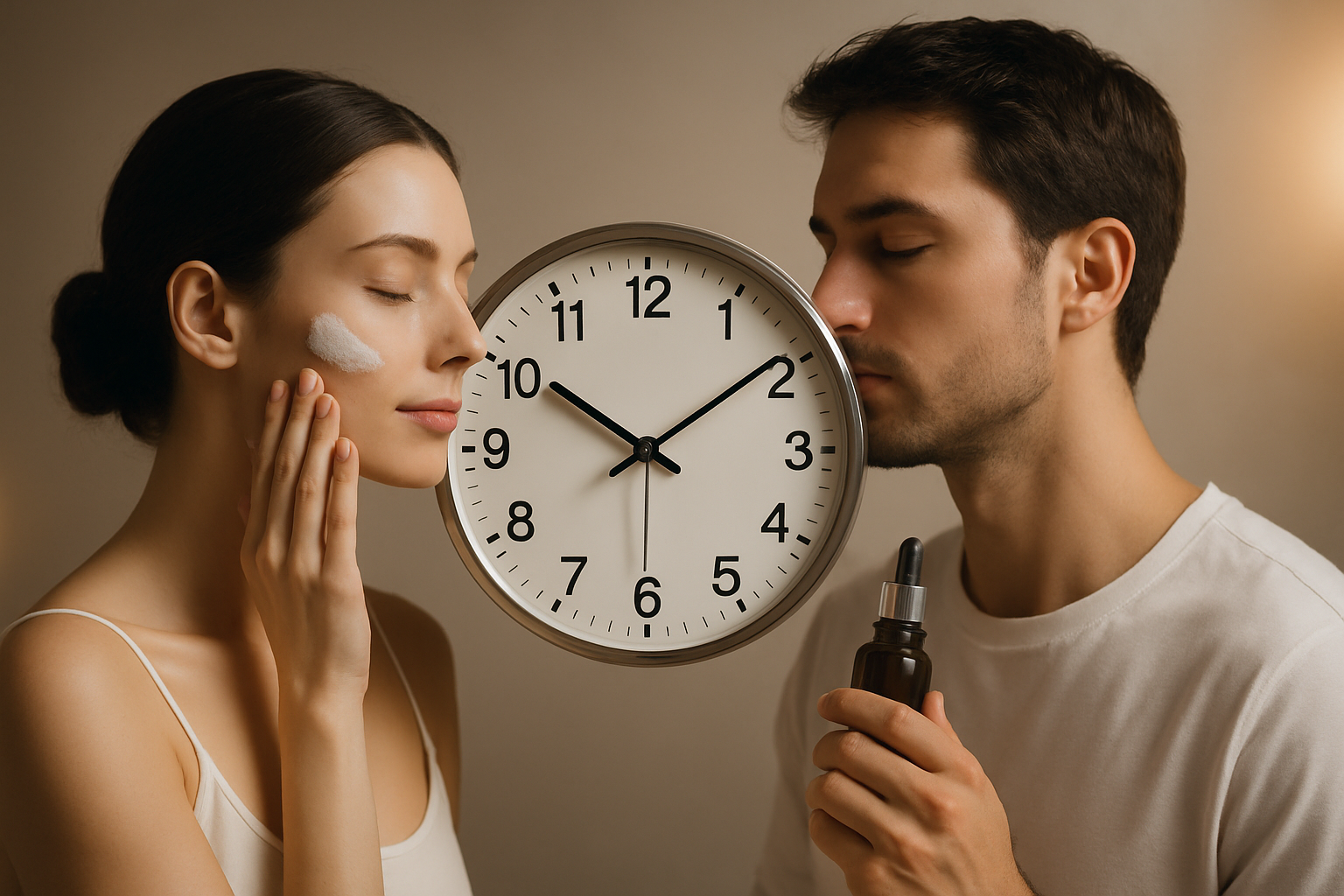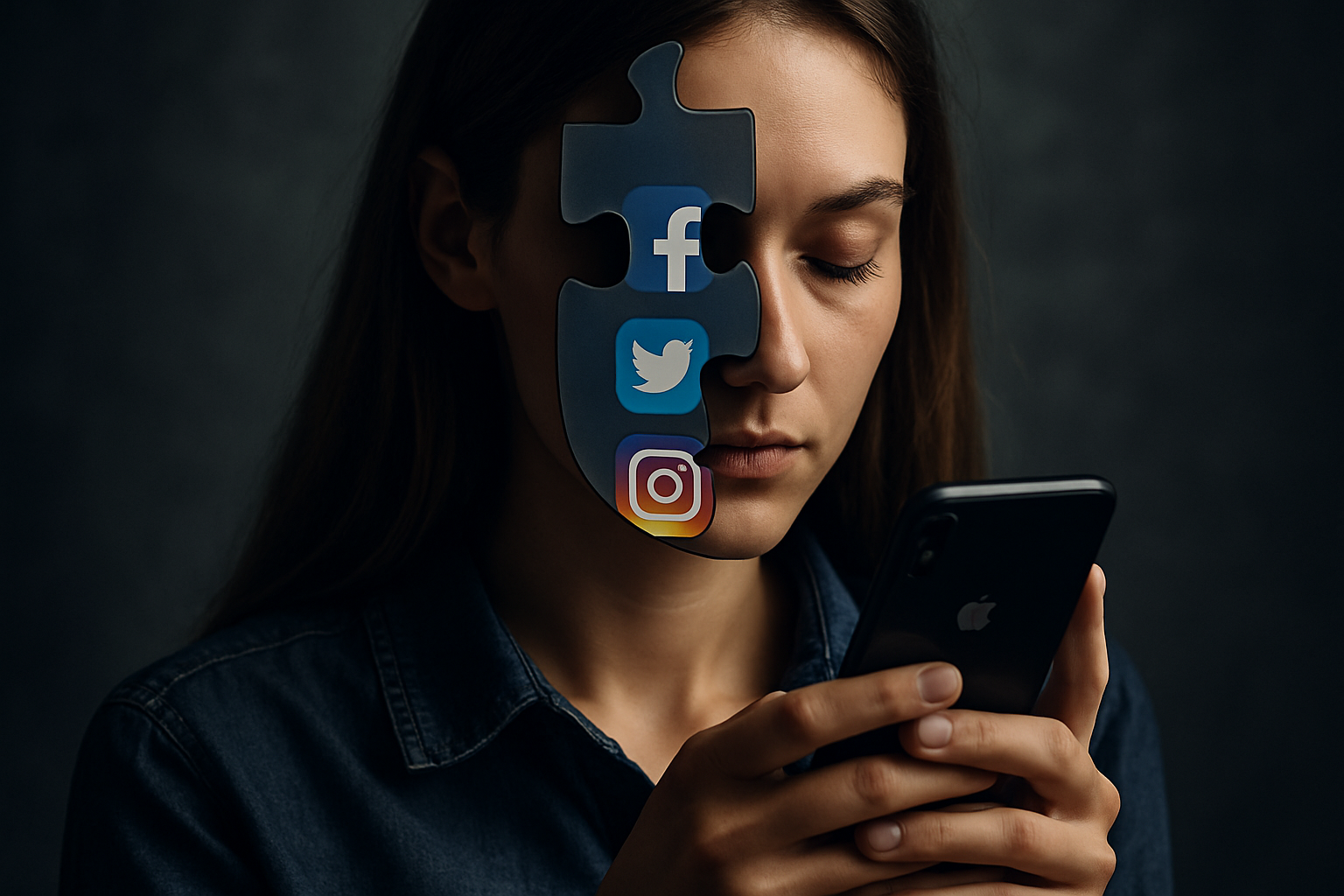Chronotherapy: Timing Your Health for Optimal Wellness
Is your body's internal clock working against you? Discover how synchronizing your daily routines with your natural circadian rhythms could revolutionize your health and well-being. Welcome to the world of chronotherapy, where timing is everything. Chronotherapy, the practice of aligning medical treatments and lifestyle habits with the body's natural circadian rhythms, is emerging as a groundbreaking approach to health optimization. This innovative field explores how the timing of various activities, from medication intake to exercise and meals, can significantly impact their effectiveness and our overall well-being. By understanding and leveraging our body's internal clock, we can potentially enhance treatment outcomes, improve sleep quality, boost energy levels, and even prevent certain diseases.

Research has shown that many aspects of our physiology follow distinct daily patterns. For instance, blood pressure typically rises in the morning and falls in the evening, while the liver’s ability to metabolize drugs varies throughout the day. Understanding these patterns allows healthcare professionals to tailor treatments for maximum efficacy and minimal side effects.
Chronopharmacology: Timing Medications for Better Results
One of the most promising applications of chronotherapy is in the field of pharmacology. Chronopharmacology examines how the timing of medication administration affects its efficacy and side effects. Studies have shown that the effectiveness of certain drugs can vary significantly depending on when they are taken.
For example, research has demonstrated that taking blood pressure medications at bedtime, rather than in the morning, can lead to better blood pressure control and reduced risk of cardiovascular events. Similarly, the timing of chemotherapy drugs can influence their effectiveness and side effects, with some treatments showing improved outcomes when administered at specific times of day that align with the cancer cells’ vulnerable periods.
Chrono-Exercise: Optimizing Physical Activity
The concept of chronotherapy extends beyond medication to include exercise timing. Emerging research suggests that the time of day we exercise can influence the benefits we derive from physical activity. While individual preferences and schedules play a role, studies have shown that certain types of exercise may be more effective at specific times.
Morning exercise has been associated with improved fat burning and weight loss, potentially due to the body’s higher cortisol levels and increased metabolism upon waking. Conversely, afternoon or early evening workouts may lead to better performance in high-intensity activities, as body temperature and muscle strength tend to peak later in the day.
Chrono-Nutrition: Eating in Sync with Your Body Clock
The timing of meals and the types of food we consume can significantly impact our metabolism, weight management, and overall health. Chrono-nutrition explores how aligning our eating patterns with our circadian rhythms can optimize nutritional benefits and support metabolic health.
Research suggests that consuming larger meals earlier in the day and lighter meals in the evening may support better weight management and metabolic function. This approach aligns with our body’s natural insulin sensitivity, which tends to be higher in the morning and decreases throughout the day. Additionally, studies have shown that consistent meal timing can help regulate hunger hormones and improve overall metabolic health.
Practical Applications of Chronotherapy in Daily Life
Incorporating chronotherapy principles into daily life doesn’t require drastic changes but rather thoughtful adjustments to existing routines. Here are some practical ways to apply chronotherapy:
- Maintain consistent sleep and wake times, even on weekends, to support your circadian rhythm
- Expose yourself to natural light in the morning to help regulate your body clock
- Schedule important tasks and cognitively demanding activities for times when your alertness is typically highest
- Consider timing your meals to align with your body’s natural metabolic rhythms, such as eating a substantial breakfast and lighter evening meals
- Consult with healthcare providers about the optimal timing for medications based on your individual circadian patterns
Chronotherapy Quick Tips
- Morning light exposure can help reset your circadian rhythm and improve sleep quality
- The body’s core temperature drops in the evening, making it easier to fall asleep in a cool environment
- Caffeine consumption is most effective between 9:30 AM and 11:30 AM when cortisol levels naturally dip
- High-intensity workouts may be more beneficial in the late afternoon when reaction time, strength, and flexibility peak
- Avoiding blue light from screens 2-3 hours before bedtime can improve sleep quality by supporting natural melatonin production
As we continue to unravel the complexities of our internal clocks, chronotherapy offers a promising path to personalized health optimization. By aligning our daily routines with our natural biological rhythms, we can potentially enhance treatment outcomes, improve overall well-being, and achieve a more harmonious balance with our body’s innate wisdom. While more research is needed to fully understand the implications of chronotherapy across various health conditions, the growing body of evidence suggests that paying attention to when we perform certain activities may be just as important as what we do. Embracing the principles of chronotherapy could be the key to unlocking a new level of health and vitality in our increasingly time-conscious world.






